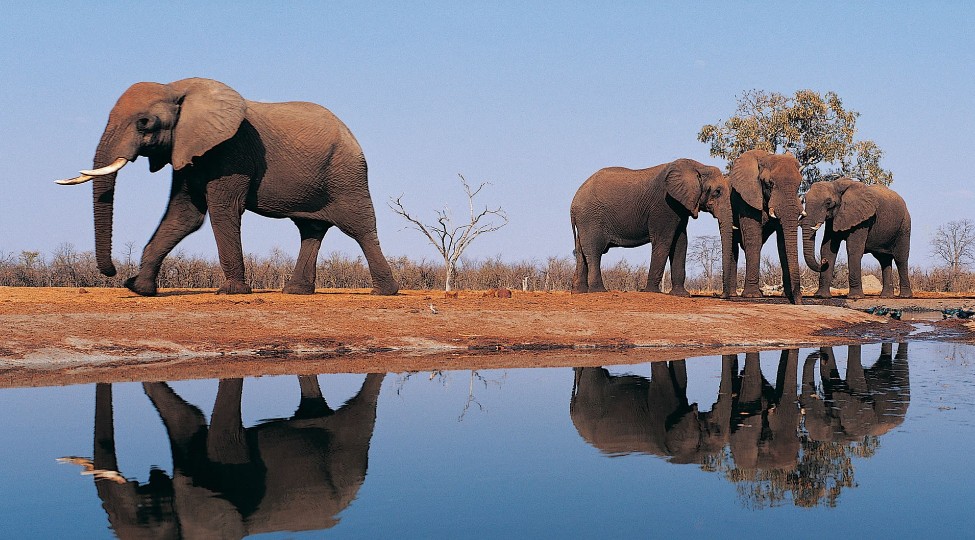The southern African nation of Zimbabwe has too many elephants to deal with, and has announced plans to begin exporting the overflow to other countries that may be better able to provide for the animals.
The first batch of exported elephants has already been discussed. China bought the largest number of elephants at 27. France is taking between 15 and 20 and the United Arab Emirates 15.
“We have 80,000 elephants against a carrying capacity of 42,000 and this is not sustainable in the long run,” Jerry Gotora, chairman of the Zimbabwe parks and wildlife authority, said of the sales, as reported by AFP. “The exports are carefully controlled by CITES. All those making noise about it are people who do not want Zimbabwe to benefit from its resources.”
Due to the costs associated with protecting elephants from poachers, the government of Zimbabwe relies partially on charities and private companies, but even this help has not prevented hundreds of animals from dying at the hands of poachers.
In 2013, between 90 and 300 elephants in Hwange national park were poisoned with cyanide by poachers in one notable killing, which was called the worst single massacre in 25 years of southern African history.
Zimbabwe is home to one of Africa’s biggest elephant populations since formerly-large Eastern and Central African populations have been decimated by poaching.
Conservationists have warned that African elephants could die out completely within 50 years if current trends of poaching and habitat loss continue.
The illegal trade in ivory is international. Poachers move across borders with near impunity, associated with government and organized crime.
Ivory sales were banned in 1989 by the international body CITES, but since that time, according to the organization, the ban has been continually weakened, and is today considered to sit at roughly the pre-1989 level.
Earlier this year, a joint report by conservation group Born Free USA and conflict analysis no-profit C4ADS found African poaching was becoming professionalized and militarized.
The report found that Zimbabwean poaching was tied to corruption, which is a different problem from the causes of poaching in less stable areas of Africa where there was not sufficient infrastructure to combat poaching.
By Sid Douglas

The world is watching…